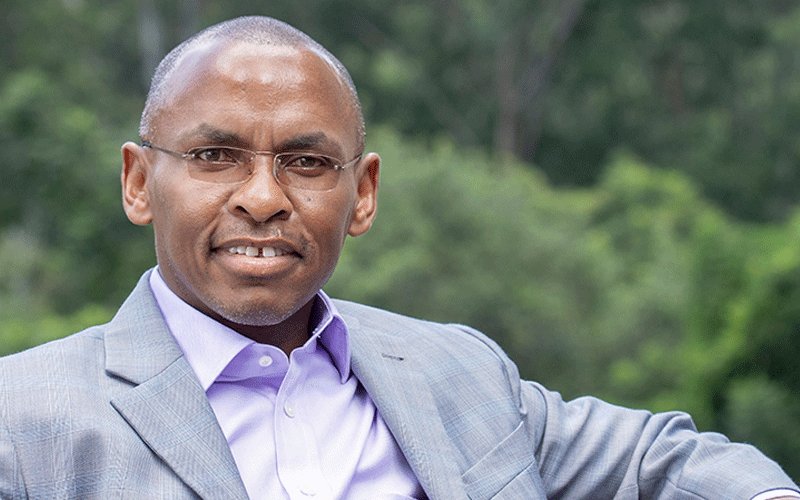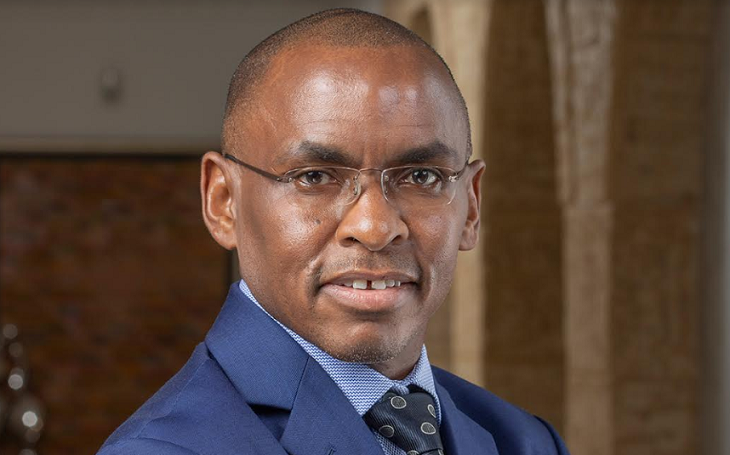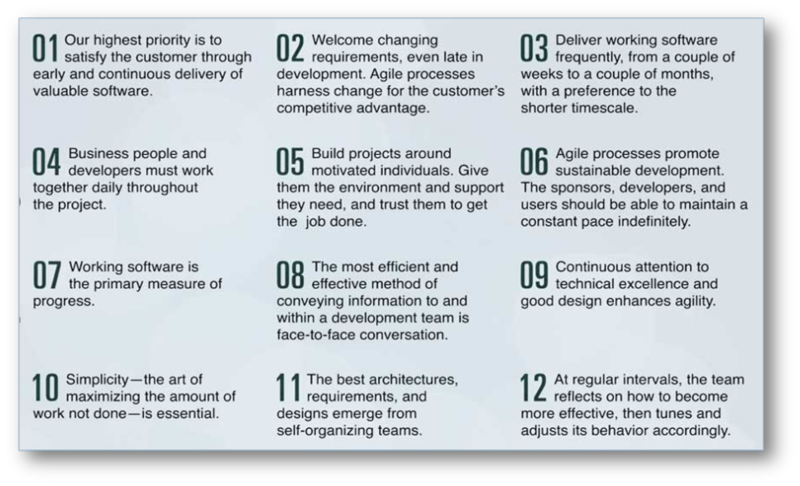
We want to move @SafaricomPLC from being just a #telco with a #payment #platform #MoMo #mobilemoney #Mpesa to a #technology #company. Going into areas that are more #solutions oriented ... a #lifestyle brand for #individuals, and an empowering #brand for #SMEs – @PeterNdegwa_ 

The #agile way of working is not new since it has been implemented by global #media and #online companies such as @netflix #netflix and @amazon #amazon 

“What we are doing now is to #scale. Not everyone will go fully #agile, since departments like #Finance will still operate largely in its traditional way. But those that will be affected will be in the #frontend side of the company such as the #marketing and #technology teams. 

The strategy will see the firm come up with small teams known as squads. The squads will then be put together in a tribe. The tribes will then report to the executive committee. There will also be chapters such as marketing that span across squads and tribes.
It involves bringing people in a small team that has one mission. This allows innovation. The small team starts with a minimum viable product and keeps improving it in line with customer feedback.
Squads would focus on specific missions such as product missions or customer missions. The teams would prioritize the mission to deliver a customer outcome.
• • •
Missing some Tweet in this thread? You can try to
force a refresh




